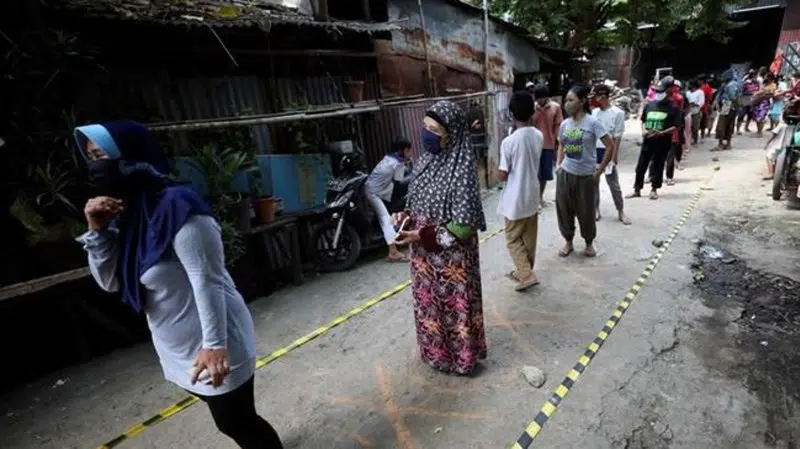
Nations ease some virus restrictions yet public still wary
BERLIN — One of the grimmest symbols of the coronavirus outbreak — a morgue set up in a Madrid skating rink — closed on Wednesday as stores and other businesses reopened in places across Europe, while the U.S. was beset with increasingly partisan disagreements over how and when to restart its economy.
As some governors in the U.S. — largely Republican ones — moved to reopen an ever-wider variety of businesses, others took a more cautious approach and came under mounting pressure from protesters complaining that their livelihoods are being destroyed and their freedom of movement is being infringed on.
With the crisis easing but far from over in Europe, small shops in Berlin reopened, and restrictions were also relaxed in Denmark and Austria. In France, long lines formed outside the few McDonald’s drive-thrus that started serving customers again.
Still, many employees and customers were uneasy, suggesting that a return to normal is a long way off.


